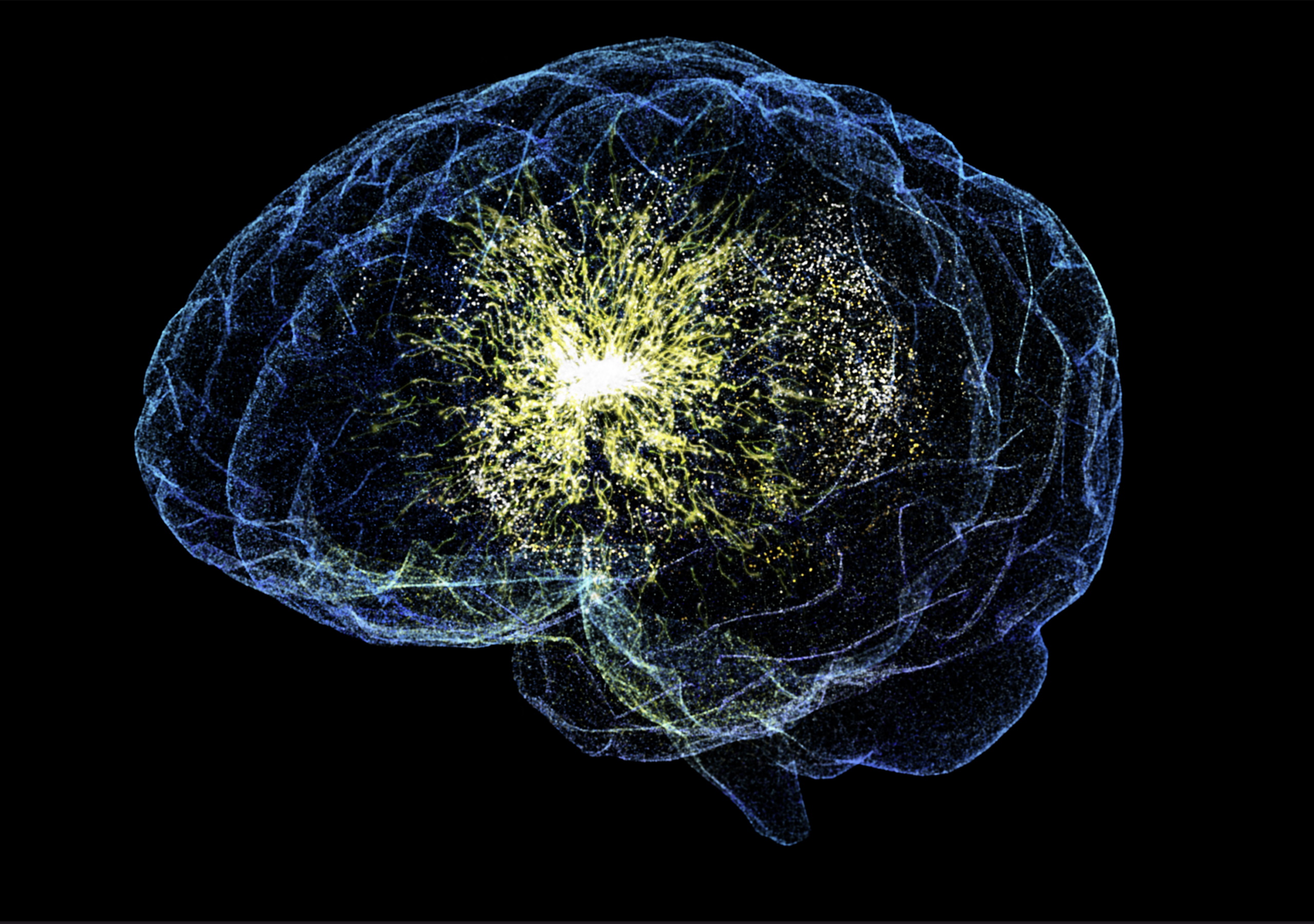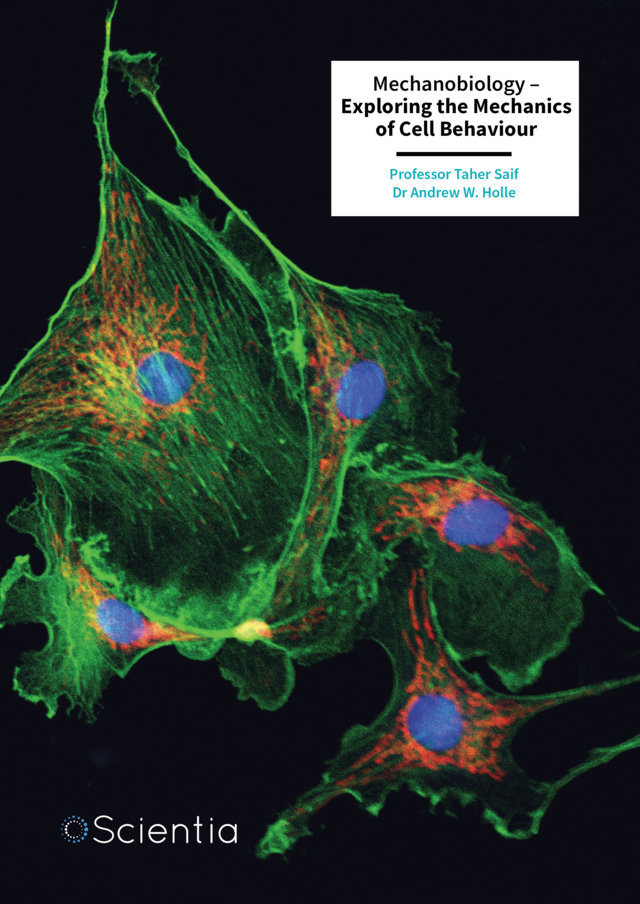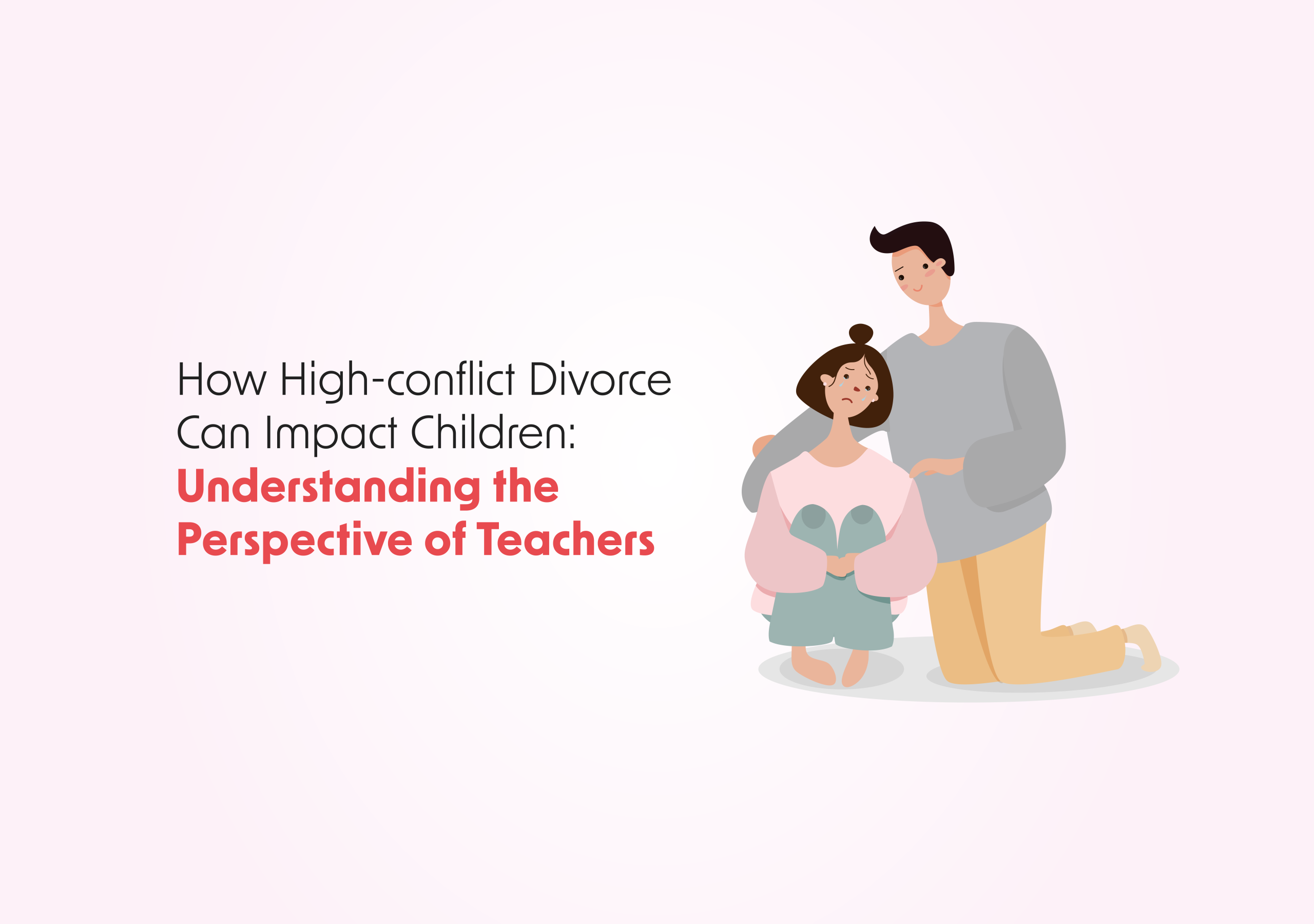The war in Ukraine has tested the resilience and unity of the European Union in unprecedented ways. As with some past European crises, EU member states have shown a willingness to unify and cooperate. However, unlike during other crises, this hasn’t resulted in strengthened EU regulatory or fiscal powers. In recent research, Professor Tanja Börzel at Freie Universität Berlin explores why this is the case. More
The European Union is facing yet another crisis of unknown proportions. Putin’s war against Ukraine has violated every principle of the European security order that emerged with the end of the Cold War and led to the establishment of the EU.
Russia has also challenged the liberal model that the EU and its member states have built their societies around. As a result, politicians and pundits have been calling for the deepening of European integration to defend the liberal integration project. The EU needs to build its strategic autonomy to weather current and future challenges.
Despite foreign and security policy being controlled by intergovernmental institutions, EU member states have been remarkably united in supporting Ukraine against Russia’s war of aggression.
The EU has coped with its first military security crisis by using regulatory powers to facilitate the joint exercise of fiscal and coercive power. However, unlike with previous crises, this has not resulted in a strengthening of the EU’s regulatory or fiscal powers.
In a recent article, Professor Tanja Börzel of Freie Universität Berlin explores why member states have shown a common interest in supporting Ukraine without granting the EU additional formal powers. She analyses the Ukraine war and compares it to previous EU crises to provide possible explanations for their differing outcomes.
Regional integration involves the formal delegation and pooling of powers. This means that a number of issues formerly dealt with at a national level are now under the control of the EU. Today, there are few areas in which the EU is unable to take action.
However, the amount of control member states hold over EU policy-making varies considerably across and within policy areas. To strengthen supra-national institutions, it is essential to upgrade the common interest of member states. Essentially, this means enhancing cooperation and alignment towards shared goals and objectives.
In some areas, such as mass migration, the EU struggles to form a common interest. However, in others, the EU is perfectly able to act as one, unified entity. The war in Ukraine is a key example of this.
Europe was still recovering from the COVID-19 pandemic when Russia invaded Ukraine in February 2022. This violated the basic principles of sovereign equality and integrity enshrined in the post-World War II international order.
In response, EU member states agreed unanimously on 13 sanction packages, supplied equipment and training to Ukrainian armed forces, and provided 77 billion Euro in financial, humanitarian and military support. They have also welcomed around 6.5 million refugees and have promised to contribute to future Ukrainian security commitments. This is the first time that EU member states have made such a security commitment to a third country.
However, despite this remarkable upgrading of the common interest, we have not seen any of the institutional deepening of European integration that was seen during previous EU crises.
During the Eurozone crisis, for instance, Euro countries established a whole set of new supra-national institutions to deal with this. Also, when COVID-19 hit, member states accepted the proposal of the Commission for a European Health Union, increasing the role of the EU in the field of health security.
So, why were the EU’s formal powers increased in response to the Eurozone and COVID-19 crises, but not after the Russian invasion of Ukraine?
The willingness and capacity of member states to agree on and comply with EU decisions depends on the costs they need to incur. The higher the costs, the more likely member state governments are to face domestic opposition to EU decisions.
Mainstream theories of European integration may explain the absence of institutional reform in the Ukraine crisis, suggesting that the benefits of granting the EU coercive power are outweighed by the costs to national sovereignty.
However, if this is the case, why have member state governments been so willing to unite in their support for Ukraine in the absence of such pressure?
For Professor Börzel, this comes down to a debate around national and regional identities.
There is growing scepticism of the EU amongst European populations, who may view the Union as driven by a political elite. This goes hand-in-hand with a key cultural divide developing in many European societies.
People are increasingly divided into political identity groups: those considered green, alternative, liberal, cosmopolitan and integrationist versus those seen as traditional, authoritarian, nationalist and communitarian. Identity politics has restructured political competition around issues such as lifestyle, cultural diversity, immigration, ecology and nationalism.
The restructuring of the political space in Europe has had varied effects on EU policymaking. On one hand, those who hold inclusive, Europeanised identities generate public support for European integration. When, mostly left-wing politicians frame EU issues in terms of ‘order’, or who we are as a European community, the common interest can be upgraded.
On the other hand, those who hold exclusive, nationalist identities have the opposite effect. When, mostly right-wing politicians frame EU issues in terms of ‘borders’, or who belongs to us, this prevents member states from upgrading the common interest.
In the case of the Ukrainian war, the absence of a direct attack against the Union’s member states has meant that the perceived security threat to the EU has been limited.
However, US and European leaders have framed the Ukraine crisis as an unprovoked and unjustified war, which not only threatens the UN-based security order but also contests liberal European values. Two days after the invasion, US President Biden linked Russia’s violation of international law to a ‘contest between democracy and autocracy, between sovereignty and subjugation’.
Because of this, the common interest of member states has been upgraded, despite there being no formal power transfers to the EU.
The war in Ukraine has been a catalyst for the re-evaluation of European identity, including discussions on the EU’s external borders, enlargement, and the nature of its relationship with neighbouring countries.
For Professor Börzel, it highlights the role of European values and identity in shaping the EU’s response to external crises. This could be a turning point for EU integration, but its full implications are not yet clear.







